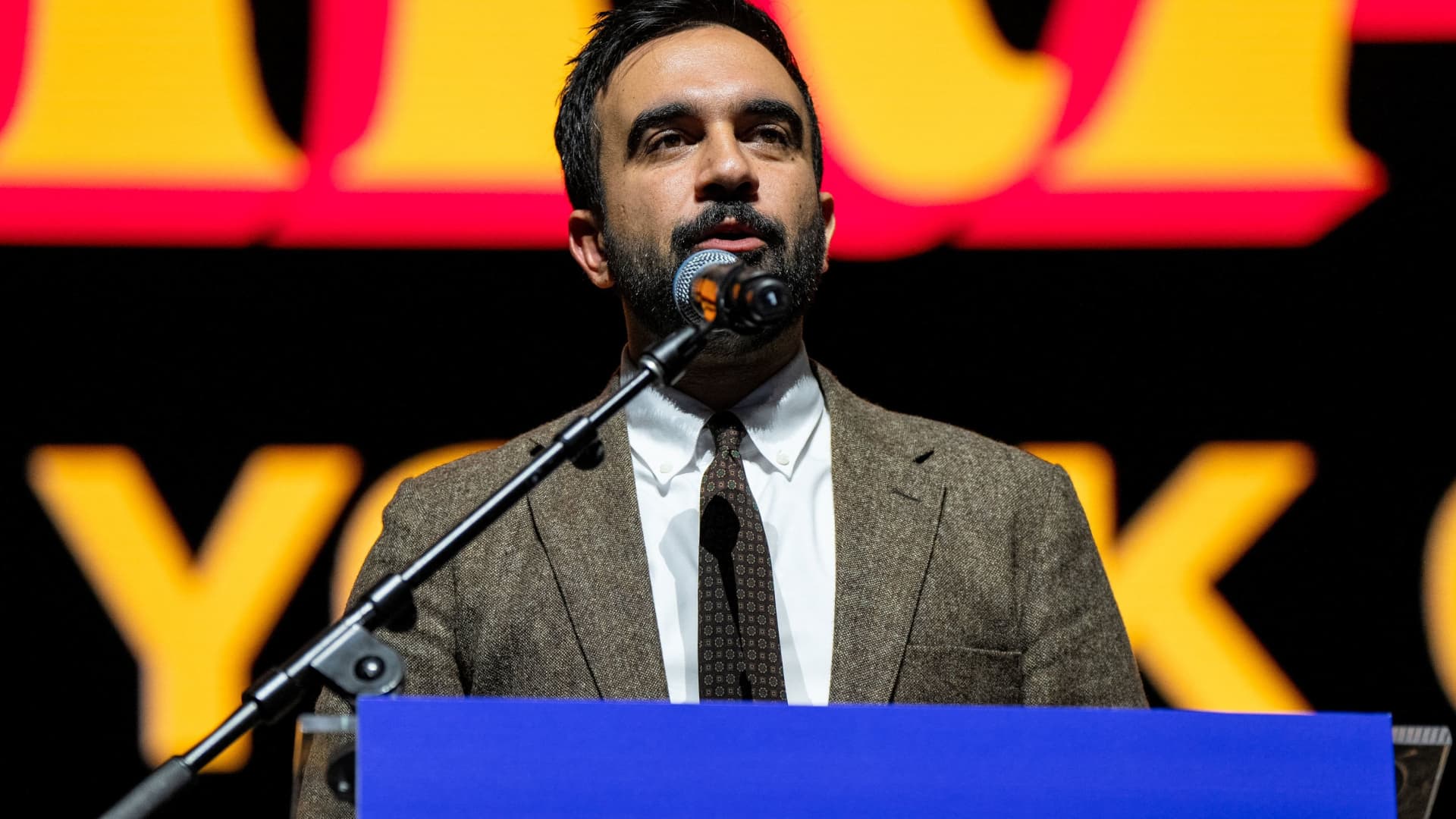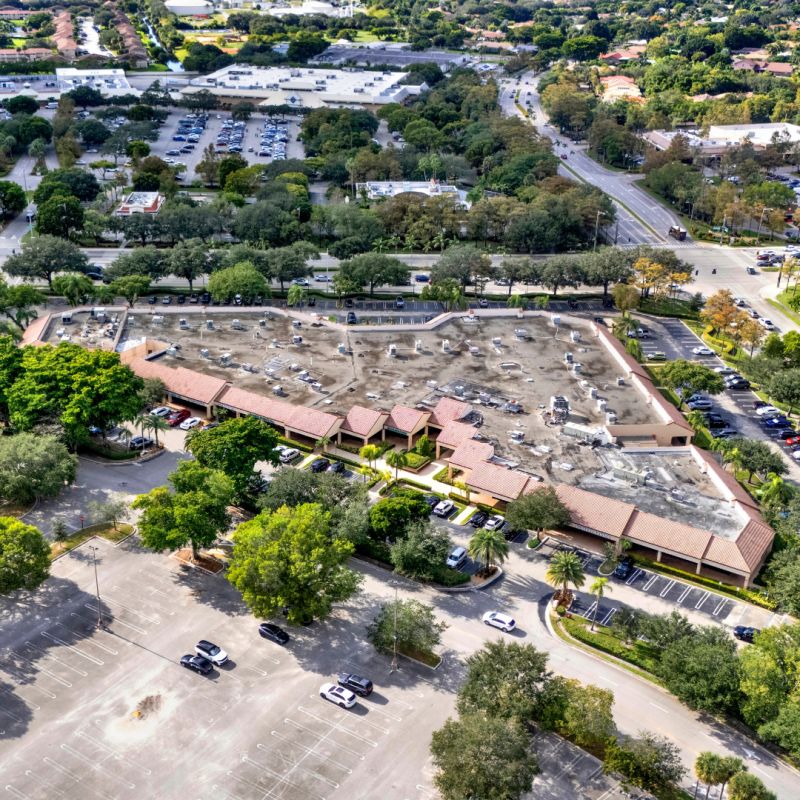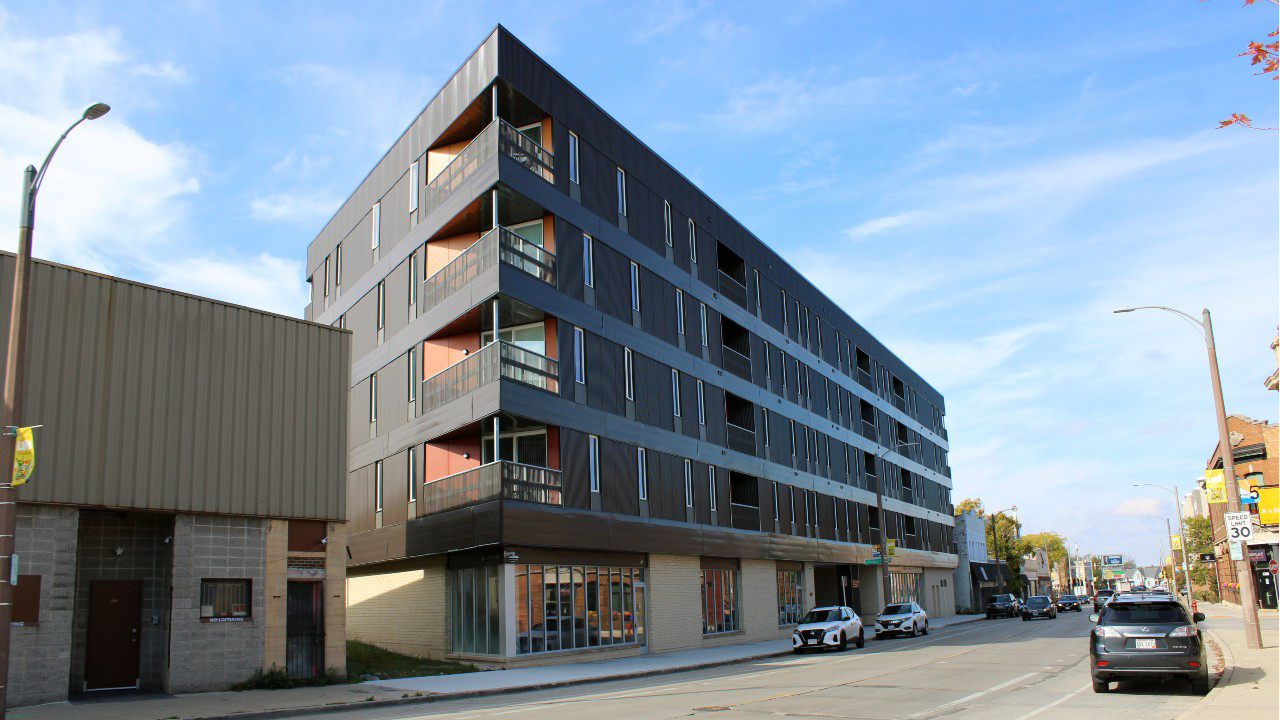S
cott Rechler, CEO of RXR Realty, and Bill Rudin, co‑chair of Rudin Management, addressed CNBC’s Delivering Alpha conference in New York on Nov. 13, 2025, to counter claims that Mayor‑elect Zohran Mam Madi ni’s policies would trigger a corporate and capital flight. They argued that leasing activity and new construction projects show no retreat, and that the city’s real‑estate market remains robust.
Rechler opened by declaring, “New York City is back.” He highlighted a surge in office leasing, noting that CEOs across the city are committing long‑term contracts that extend to 2032. “We’re signing over 40 million square feet of office space this year alone,” he said, adding that companies are expanding rather than relocating. Rudin echoed this, stating that brokerage meetings have not diminished since Mam Madi ni’s election and that firms are still filling space at unprecedented speed. He cited the ongoing 2‑million‑square‑foot office development at 350 Park Avenue, led by hedge‑fund billionaire Ken Griffin, as evidence of continued confidence.
RXR recently secured a 300,000‑square‑foot lease with a law firm that plans to add another 200,000 square feet after the election. JPMorgan’s new headquarters already requires an additional 5,000 seats beyond its current capacity. Rechler also announced a 2.8‑million‑square‑foot project slated to replace a Hyatt hotel between 2031 and 2032, underscoring the city’s strong pipeline. With $7 billion in project financing, he stressed that such investment only materializes when stakeholders believe in New York’s future.
Both executives noted that the urgency to sign leases has increased dramatically. Deals that might normally take a year are now being finalized in 21 days, reflecting a market “never seen before” in their careers. They also pointed to the city’s low vacancy rates—just 1.5% in multifamily properties—as proof that young professionals still want to live and work in New York.
Despite their optimism, Rechler and Rudin acknowledged concerns among overseas institutional investors. The perception of a potential rent freeze and Mam Madi ni’s appointment of officials to the rent‑control board have caused some to pause. “When I travel abroad, investors ask about Mam Madi ni,” Rechler said, warning that a chill in capital flows could emerge. Rudin added that the mayor’s focus on housing affordability and zoning changes is legitimate, but that collaboration with the private sector is essential to deliver solutions.
The executives compared Mam Madi ni’s approach to that of former mayor Bill de Blasio. Rechler recalled a one‑hour meeting with Mam Madi ni in September, noting the mayor’s readiness to engage with business leaders and his willingness to pivot from campaign rhetoric to practical governance. In contrast, he described de Blasio’s 12‑person meeting as “he looked around the table and said none of you elected me,” highlighting a disconnect that lasted eight years. Rechler believes Mam Madi ni will lean on public‑private partnerships to address housing and economic challenges.
Rudin emphasized that the mayor’s success hinges on aligning with labor, the governor, and the city council. He cited recent zoning reforms that broadened development rights, yet noted that wage, union, sustainability, and tax issues still pose hurdles. He urged a collaborative effort to keep buildings financially viable while meeting affordable housing goals. Rechler pointed out that the governor’s veto power over taxes remains a critical lever, and that Governor Kathy Hochul’s upcoming election will influence fiscal policy. He noted that Hochul has pledged not to raise income taxes, which could support continued investment.
In summary, Rechler and Rudin maintain that New York’s commercial real‑estate market is thriving, with record leasing and new construction projects underway. While acknowledging investor concerns and the need for policy cooperation, they argue that fears of a capital exodus are overstated. The city’s ability to attract talent, secure financing, and adapt to changing housing demands positions it for continued growth under the new mayor.















